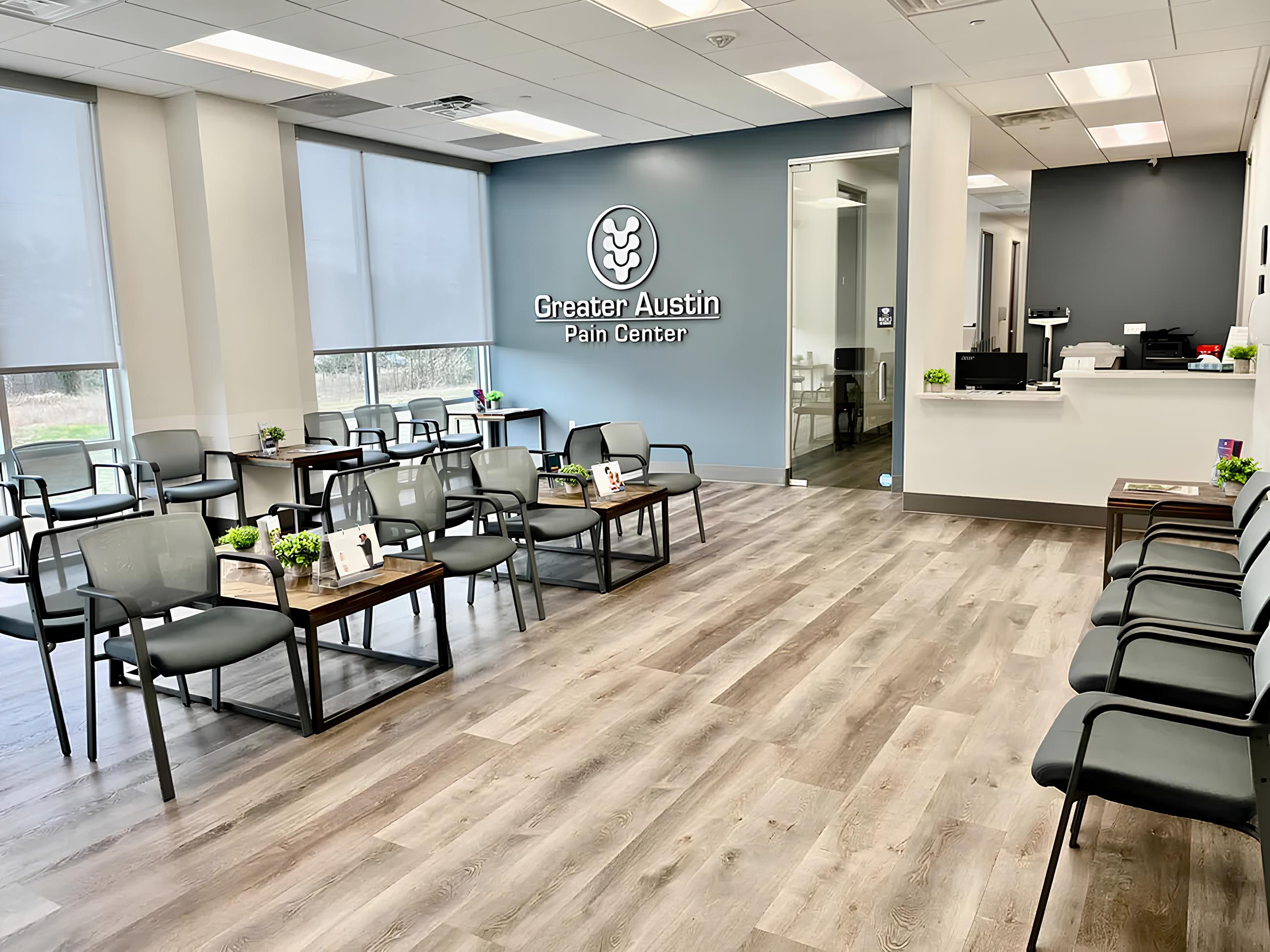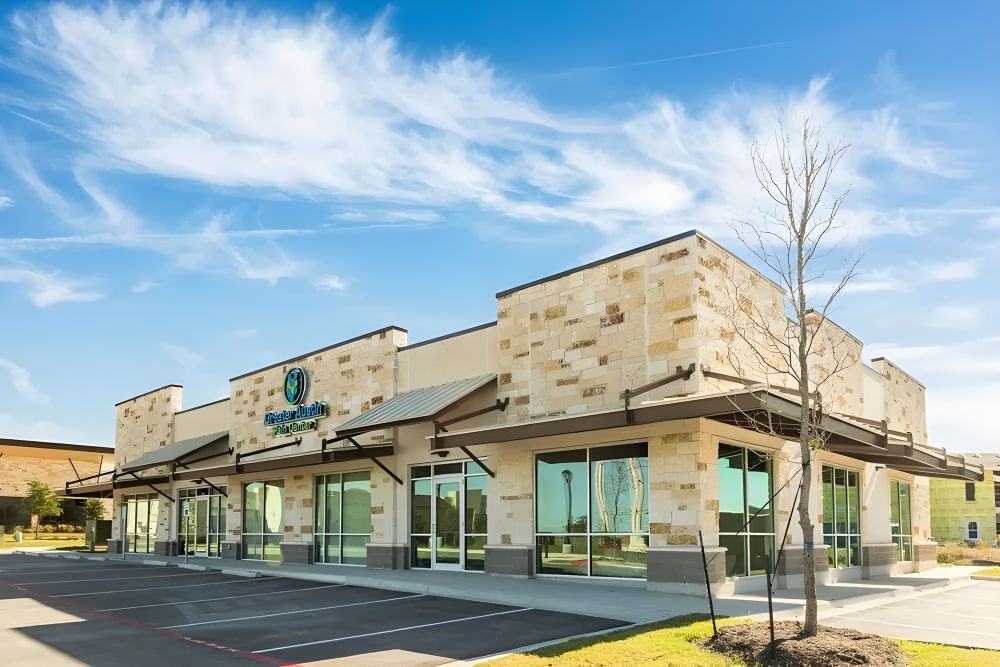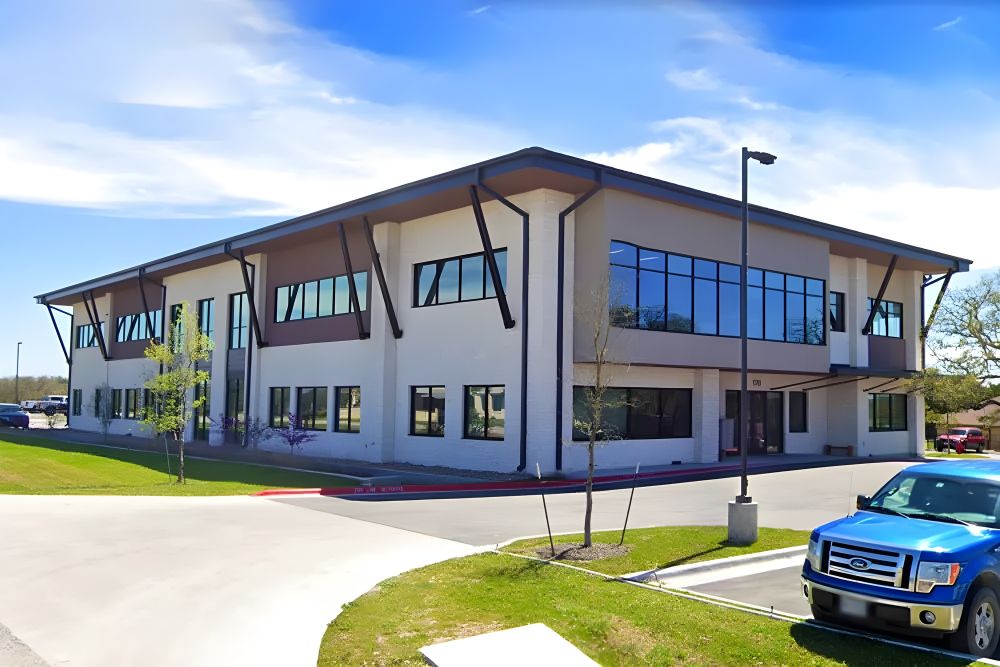What is Knee Pain?
Knee pain refers to discomfort, aching, or stiffness in or around the knee joint. This pain can result from acute injuries, chronic conditions, or repetitive strain and may range in severity from mild soreness to debilitating chronic pain. Knee pain may be localized to a specific area or involve the entire joint, and in some cases, may stem from issues related to poor posture, wear and tear, or referred pain from the hips or lower back. For many individuals, knee pain makes it difficult to walk, bend, or stand for long periods, affecting their ability to live an active and pain-free life.
How Does Knee Pain Affect the Body?
Knee pain can significantly limit mobility and quality of life. Whether caused by meniscus tears, arthritis, or a past injury, untreated knee issues can affect your ability to perform daily tasks like walking, climbing stairs, or even sitting comfortably for extended periods. Over time, favoring an injured knee can lead to compensatory issues in other joints and muscles, increasing your risk of further damage and potentially triggering secondary issues such as headaches or hip and back discomfort.
At Greater Austin Pain Center, we understand the toll knee pain takes on your body and offer a range of advanced treatment options designed to restore movement and reduce inflammation and pain.

























